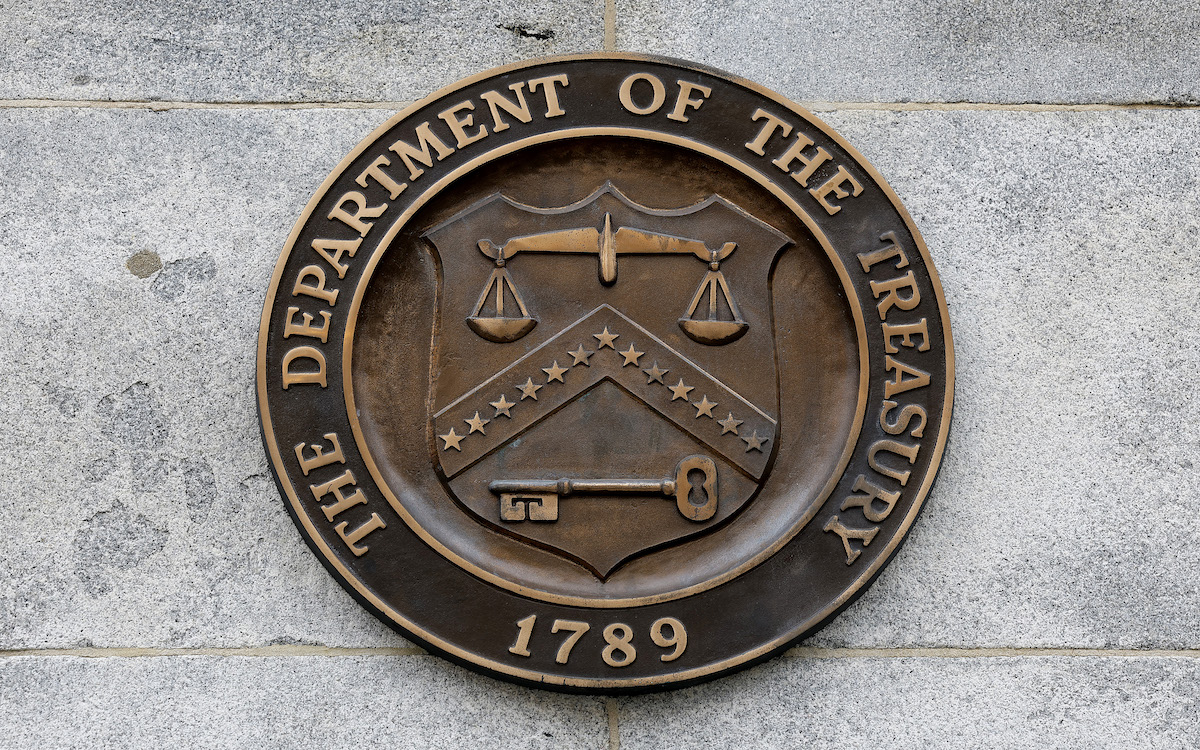
On Tuesday afternoon, the United States Department of Treasury announced that it would be imposing sanctions on the brothers Raymond and Teddy Rahme for corruption.
This was only the second time that the US has targeted Lebanese nationals for corruption.
What are the charges: The US alleges that the two brothers have used their “wealth, power, and influence” to engage in corruption that has “contributed to the breakdown of the rule of law” in Lebanon at the “detriment of the Lebanese people.”
Specifically, the Treasury Department noted that the duo, through an opaque and corrupt process, were able to secure government contracts to supply fuel to the state electricity company, Électricité du Liban, and the Ministry of Energy and Water.
Most notably, the US accused the Rahme brothers of being behind the 2020 incident where tainted fuel was sold to Lebanon.
During this incident, the Algerian state-run company Sonatrach delivered fuel to Lebanon that turned out to be “defective,” having been mixed together with other fuels, making it not only useless but potentially hazardous for the machinery that uses it.
What do the sanctions mean: When an individual or company is sanctioned by the US, they are essentially cut off from the US banking system, making it harder to do business with them.
This also means that they are unable to operate in the US, such as having a bank account or buying properties or businesses.
Individuals looking to do business with or help a sanctioned individual also risks running afoul of the US and being sanctioned themselves, although these sanction designations need to be made by the US – unless it deals with the regime in Syria. Anyone caught doing business with Syria will be automatically sanctioned under the Caesar Act if they have not received a special exemption.
Picky sanctions: The US has been very selective as to who it sanctions in Lebanon, with the Western country primarily focusing its efforts on Hezbollah and its allies in the hopes of weakening it financially and putting pressure on the Iran-backed organization.
However, most of these sanctions have done little to actually affect Hezbollah, as the group operates outside of the US banking system and have, for decades, found ways of working around the sanctions.
The only other time that the US has sanctioned a Lebanese national for corruption was in the case of Free Patriotic Movement leader Gebran Bassil in November 2020 under the Global Magninsky Act.
While Bassil was sanctioned for corruption, it is widely believed that the US decided to impose the sanctions due to his and his party’s close alliance with Hezbollah rather than having anything to actually do with corruption.
The US has repeatedly threatened to sanction Lebanese politicians who are holding up the reform process in the country.
Despite these threats, the US has so far failed to follow through and has made no indications that it intends to sanction any Lebanese lawmakers outside of ones that are part of Hezbollah or are close to them.
Will this have any impact: Outside of affecting the Rahme brothers, it is unlikely that these sanctions will force any changes in Lebanon.
Corruption runs deep in the Lebanese business and political system and sanctioning two people will not even have a chilling effect on the ongoing corruption that has brought the country to the brink of collapse.
Nicholas Frakes is a senior reporter with @NOW_leb. He tweets @nicfrakesjourno.








